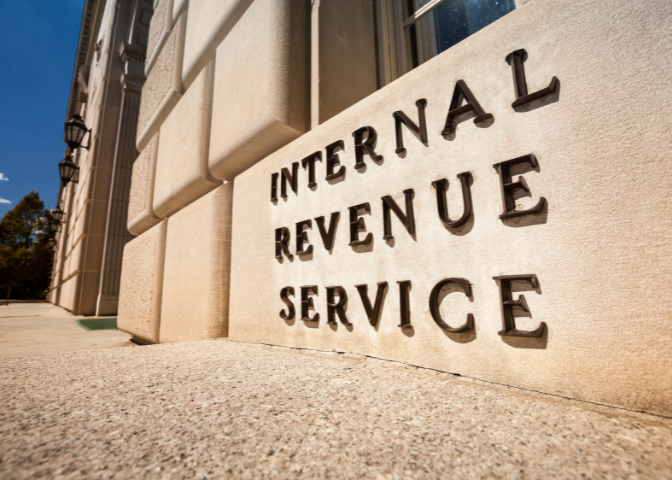Today, Optima Tax Relief’s Lead Tax Attorney, Phil Hwang, discusses IRS notices, including when you can expect a notice to turn into enforcement and how to respond to a notice.
Receiving an IRS notice can be very intimidating, especially when you are being notified of a tax balance due. But most people want to know exactly how many notices the IRS will send before they begin to take certain actions, such as levying your bank accounts, garnishing your wages, or placing a lien on your property. Unfortunately, there is not a set number that will trigger IRS enforcement as each case is different, but on average, a taxpayer might see about six notices come in the mail before the IRS begins to collect. A Final Notice of Intent to Levy will always be sent before the IRS takes action. The IRS will not and cannot take action without it.
If you receive a Final Notice of Intent to Levy, you should act immediately. If you do not, the IRS can seize your property, bank accounts, wages, government benefits, and more. The most obvious way to resolve the issue is to pay your tax balance in full within the set amount of time the IRS provides. Although most people who find themselves in these situations typically do not have the funds to pay, doing something is better than ignoring the issue. Some other options you may have are:
Setting up an installment agreement with the IRS
Submitting an offer in compromise
Apply for Currently Not Collectible status
Apply for Innocent Spouse Relief
Request a Collection Due Process hearing if you disagree with the notice
Tune in next Friday for another episode of “Ask Phil” where Phil will break down IRS audits.
If You Received an IRS Notice, Contact Us Today for a Free Consultation
























